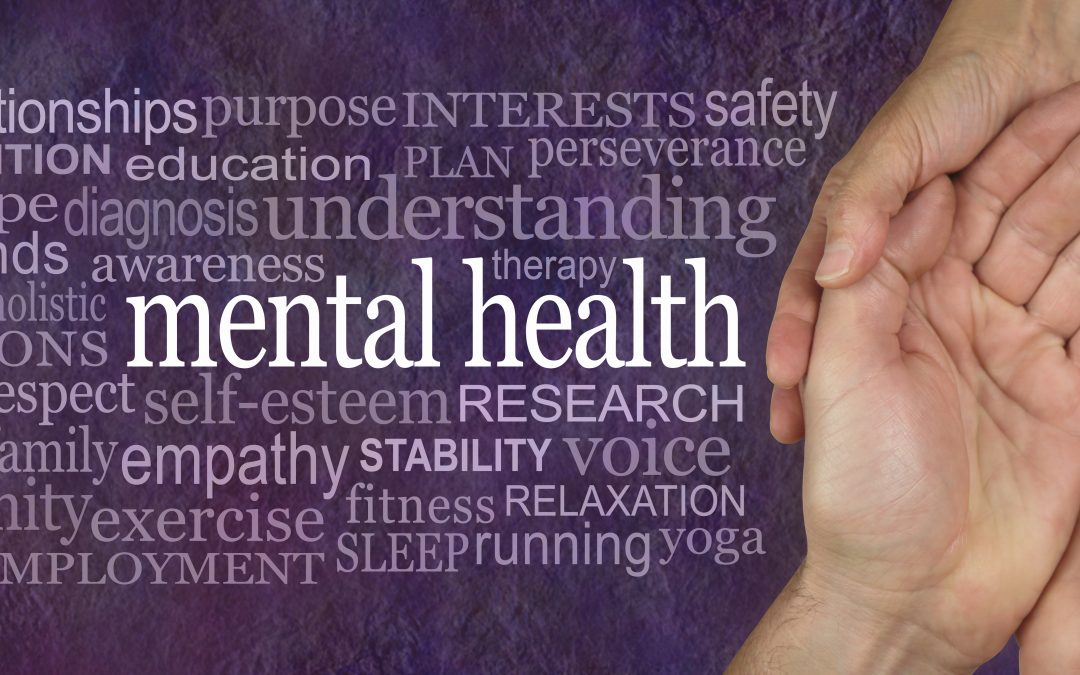Tori Kuhagen, PharmD, RPh

Tori Kuhagen is a graduate of Loyola University Chicago and Temple University (TU). While earning her Doctorate of Pharmacy at TU, Tori was the Temple Chair of Prevention Point Philadelphia, a non-profit organization that promotes health, empowerment and safety for communities affected by drug use and poverty.
After seven years as a Pharmacist within CVS Health Corporation, Tori has risen to earn the title of District Leader Emerging Leader within CVS Health wherein she trains pharmacists as well as store managers to provide superior patient care in the Metro-Detroit area.
As a Pharmacist on the front lines of healthcare in the Metro Detroit Area, I’ve had the opportunity to develop relationships with community members spanning all cultural and socio-economic backgrounds. Time and again, I witness community members gain life-changing results as a direct result of their pharmaceutical care. I also witness a very genuine apprehension amongst individuals who know they want to improve their well-being but are averse to medication therapy.
If you are experiencing an aversion to medication therapy and are taking the time to read this article – I commend you. Feelings of anxiety, barriers to access, the want to be in good health and the uncertainty in navigating well-being are all challenging. That said, I offer the following insights to encourage your understanding that medication therapy is more often than not, a form of cognitive self-care, just as you would care for your well-being in other aspects of your life. Under expert guidance, and with proper medication management, you can drastically improve the quality of your day-to-day life.
While there are many classes of medication, today I will be focusing in on a first-line class of drugs: Selective Serotonin Reuptake Inhibitors (SSRIs). SSRI medication is utilized to treat anxiety, depression and other psychiatric disorders and is prescribed to support individuals living with Generalized Anxiety Disorder, Major Depression, Obsessive Compulsive Disorder, Post Traumatic Stress Disorder, and Social Anxiety. With proper management, SSRIs significantly mitigate challenges that individuals living with the aforementioned symptoms experience. Below are the common thoughts regarding SSRI (Medication) Therapy:
“I am on SSRI medication. It’s not working. I feel helpless.”
It is important to know that when starting SSRI treatment, while an individual can notice positive changes within 4 to 6 weeks of treatment, in many cases – the full effect of the medication will not be realized for several (3-6) months. During the 3 to 6 months, individuals can experience intensified feelings of hopelessness and suicide; especially at the onset of initiating treatment.
“SSRI Therapy changes my personality.”
Extroversion (ie: assertive, excitable, social, talkative) and introversion (ie: recluse) along with Neuroticism (ie: anxious, envious, depressed, frustrated, lonely) do differ from person to person and change due to an individual’s circumstance. However, those traits are all due to an individual’s given cognitive/clinical diagnosis, and are not as a result of SSRI medication.
A five year study conducted by the National Institute of Health in Finland concluded:
“Although the personality scores of many patients changed significantly over the five-year study, none of these changes were associated with changes in antidepressant pharmacotherapy.”1
To elaborate, extroversion scores rose as depression scores declined. While we can attribute this change in outlook to medication, it also goes with note that observation of individuals who do not experience depression and take an SSRI would not have an increase of extroversion. SSRI therapy does not make a person “happier” who does not have depression.
“SSRI Therapy makes me feel like I’m in a fog; tired, ‘unlike myself’.
The function of an SSRI medication is to increase an individual’s Serotonin level and decrease their intensity of mood. While that function is positive for depressive symptoms, it could also be associated with a dulling of positive moods2.
- If you have been undergoing SSRI therapy for at least 3 months and feel as though the medication may be impacting your daily activities in the above way, I would advise talking with your physician to learn if a reduction in dosage or change of medication therapy is needed.
It is true that SSRI medication can cause drowsiness, dizziness, fatigue and yawning. However, those symptoms are much more noticeable at the beginning of medication therapy and lessen in severity over time.
“I don’t need my medication anymore. I’m just going to stop.”
Should you choose to discontinue SSRI Therapy, it is important not to abruptly stop treatment. SSRIs inhibit the uptake of Serotonin; this causes our bodies to down regulate receptors over a period of time. In other words, when SSRI medication is abruptly stopped, and there is less Serotonin in a person’s system, there are also less receptors available to capture the Serotonin. As a result, a person can experience illness in the form of flu-like symptoms, as well as, the return of anxiety and/or depression.
Always consult with a healthcare professional before discontinuing SSRI Therapy. A Pharmacist, or your Specialty Care Physician, will be able to slowly decrease the amount of medication in your system; mitigating the ‘stock’ your brain would experience had you chosen to abruptly discontinue SSRI Therapy.
“I don’t have time to see a Pharmacist, Physician or Specialist.”
Some of the feelings you may be experiencing pertaining to ‘time’ are a direct result of your cognitive/clinical diagnosis. Cognitive self-care is equally as important as physical self-care and any other support that you would utilize for well-being.
In closing:
While medication therapy is needed, utilize medication therapy as a tool, along with other tools to improve your well-being. Positive nutritional habits, exercise, and talk therapy all have routinely shown to affect Serotonin levels in our bodies.
You may not need medication therapy at all times in your life, but it may be a false thought to believe there is a correlation between discontinuing treatment and your improved mental state.
Be as honest as you can with yourself and listen to the guidance of healthcare professionals along with loved ones. It takes time to improve depression, anxiety, and all other psychological disorders in order to sustain positive mental health.
For resources on mental health and cognition and/or to find a healthcare provider in your area, visit:
- Find a CVS Pharmacist near you
- HealthCare.gov
- National Alliance on Mental Illness (NAMI)
- National Institutes of Health
1) Department of Mental Health and Substance Use, National Institute of Health and Welfare, Helsinki, Finland. Do antidepressants change personality?–a five-year observational study.
Jylhä P, Ketokivi M, Mantere O, Melartin T, Holma M, Rytsälä H, Isometsä E.
J Affect Disord. 2012 Dec 15;142(1-3):200-7. doi: 10.1016/j.jad.2012.04.026. Epub 2012 Jul 28.
2) Harvard Health Publishing. Dr. Craig Miller, assistant professor of psychiatry at Harvard Medical School. Is your Antidepressant making you feel blah? November 2016

